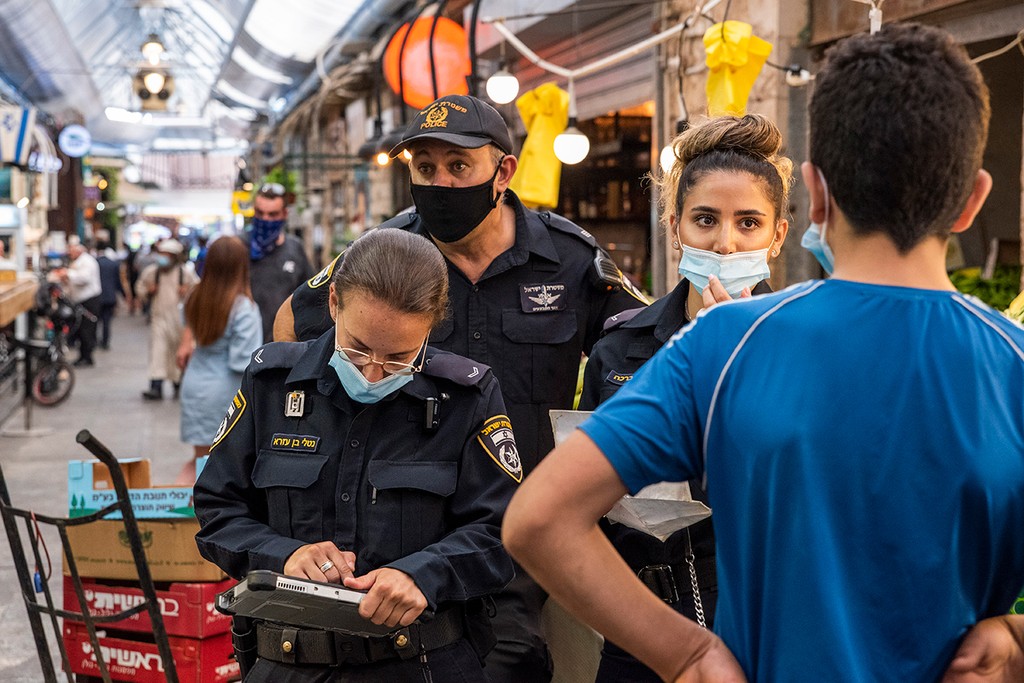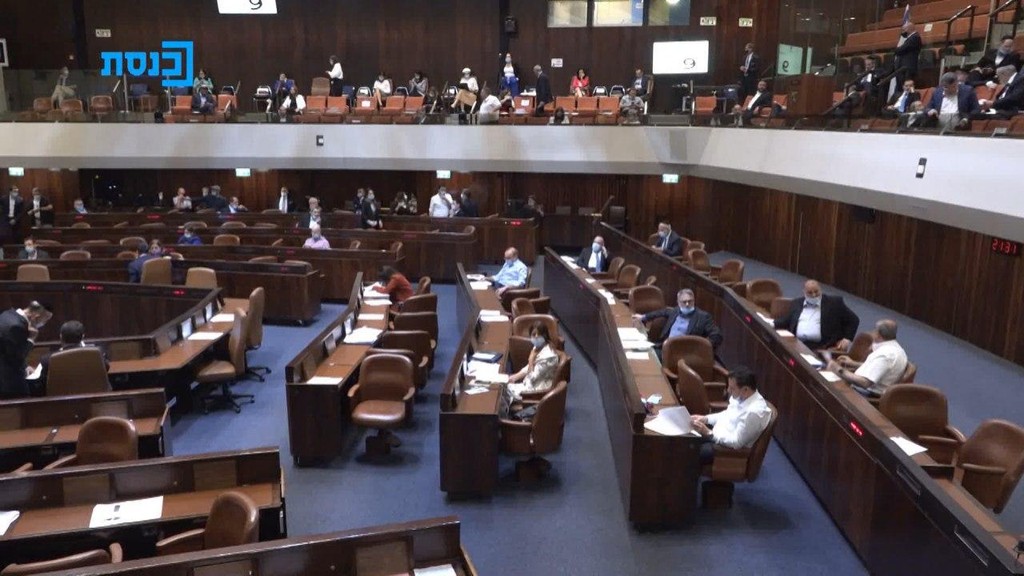The Knesset passed a law in the early hours of Tuesday to shorten the legislative process and bypass the need for parliamentary approval on decisions surrounding newly implemented coronavirus restrictions.
The legislation gives the government authority to declare a state of emergency due to the pandemic and make changes to coronavirus restrictions, and only then seek Knesset's approval.
The new bill was passed on second and third readings with 29 lawmakers voting in support and 24 in opposition. No lawmakers in attendance abstained from the vote, which took place at around 4:15am.
Under the legislation, the government can declare a state of emergency without Knesset approval when it believes “there is a real risk that the virus will spread and pose serious harm to public health if no action is taken.”
The law can be overturned by a Knesset majority. Furthermore, the government must cancel the state of emergency if the circumstances justifying it cease to exist.
The law went into immediate effect and will expire on August 6. The government can then extend this period for another 45 days but can grant itself as many extensions as it wishes until March 31, 2021, at the latest.
Knesset's Constitution, Law and Justice Committee convened and okayed the law on Monday, dubbed the “Framework Law”, due to the dramatic increase in confirmed coronavirus cases across the nation, and after receiving special permission from Knesset Speaker Yariv Levin, the discussions were held in parallel with the plenary.
During the Knesset discussion on the bill, opposition MKs argued that such legislation would block essential parliamentary oversight.
Knesset members also approved hiking the fine for failing to wear a face mask in public from NIS 200 ($58) to NIS 500 ($145).



